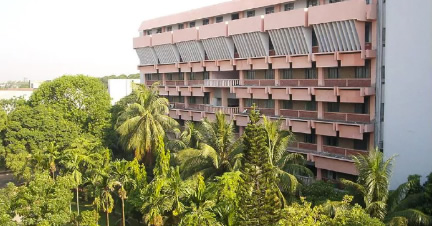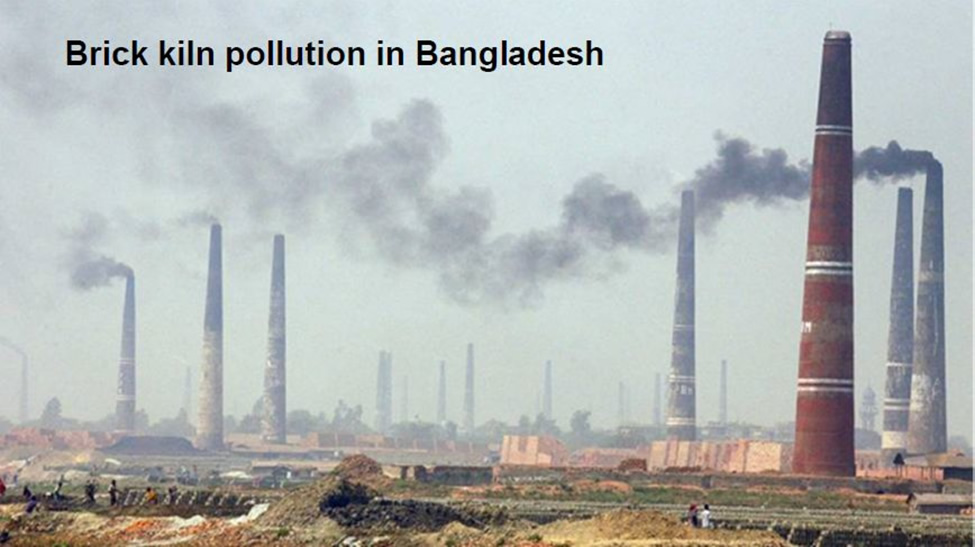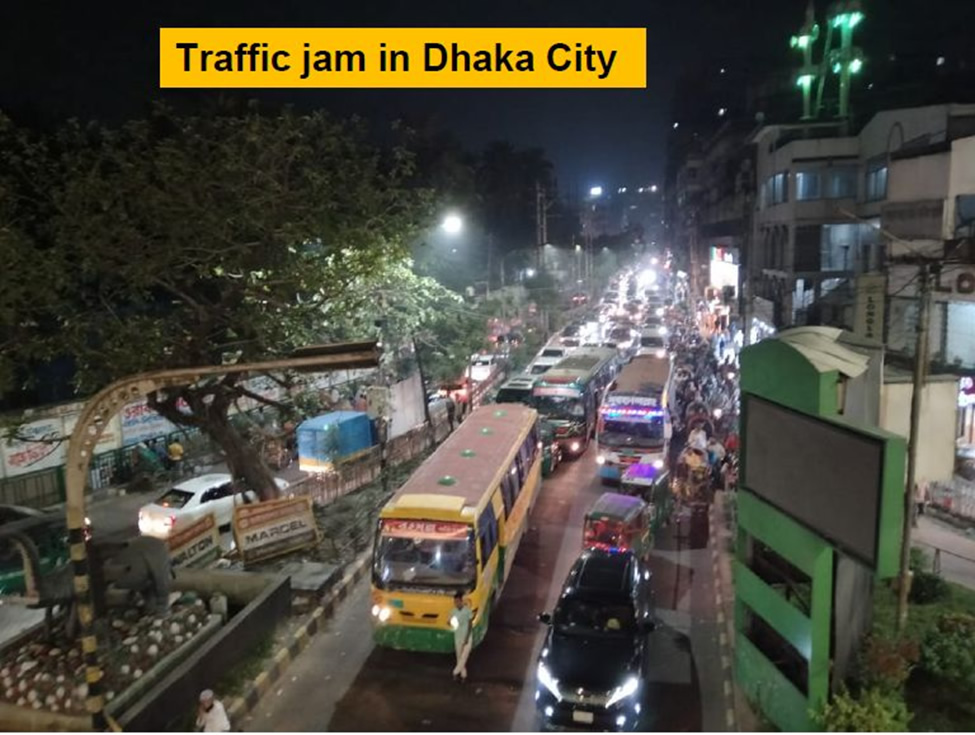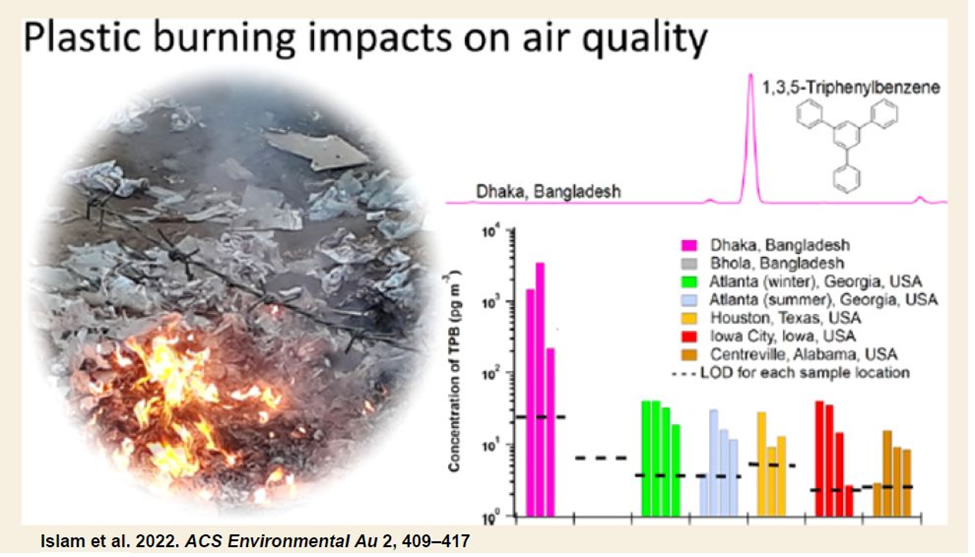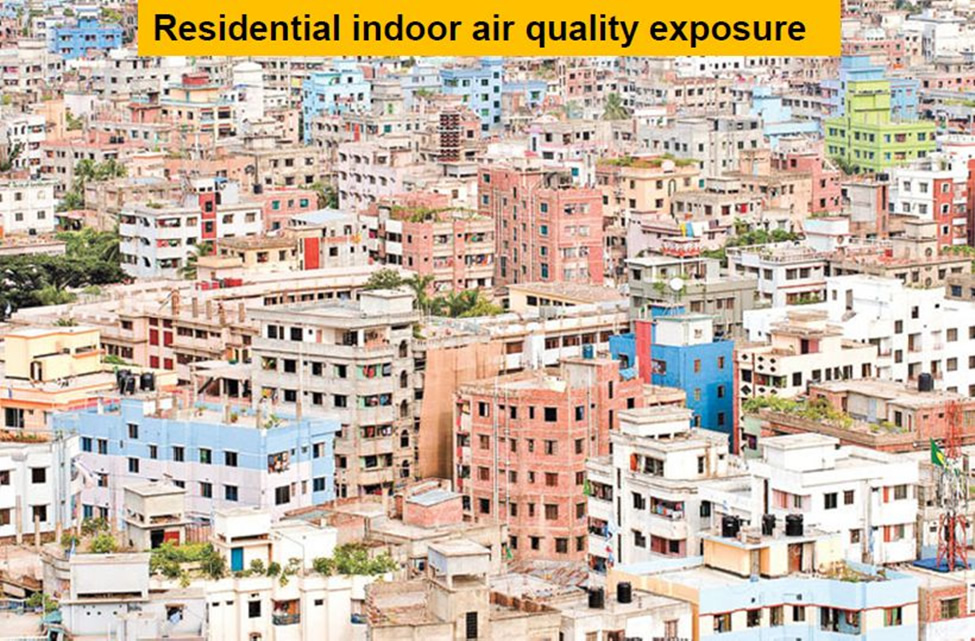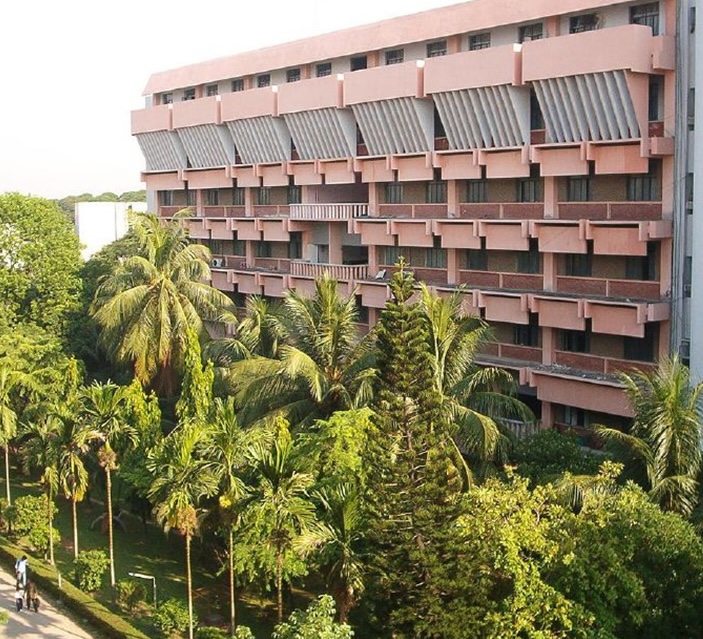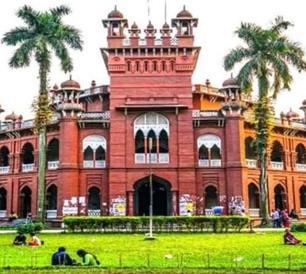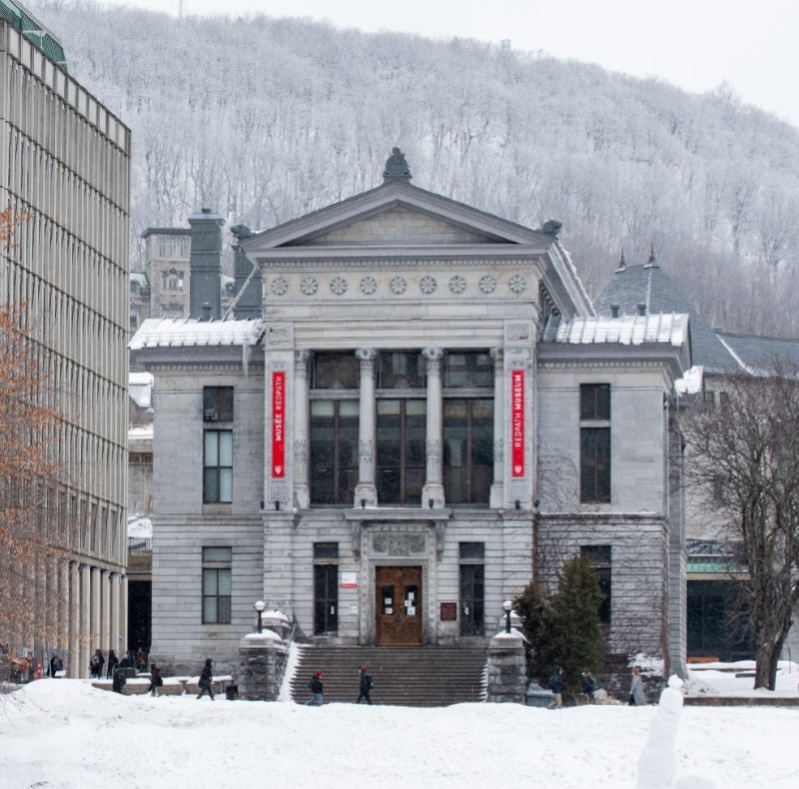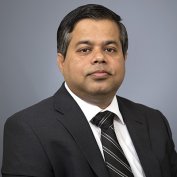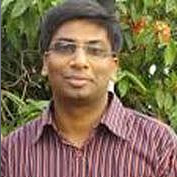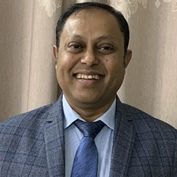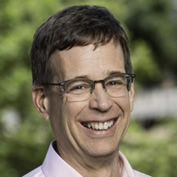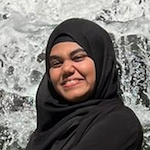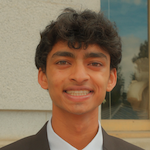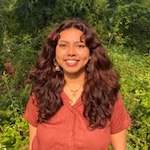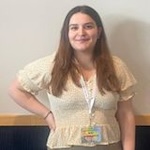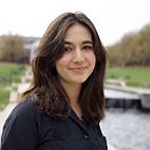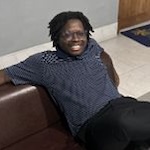2024
Zahin Ritee
Columbia University
Zahin Ritee is double majoring in Physics and Mechanical Engineering from Adelphi University and Columbia University respectively. During the summer of 2024 she worked on mapping and analyzing indoor and outdoor air pollution data of residential houses or apartments. Zahin loves singing and traveling. Her goal is to live an honest and happy life.
Shiama Srikantan
University of California Berkeley
Shiama is a rising sophomore at UC Berkeley, majoring in Applied Math. In Bangladesh, Shiama used his prior experience in data science and public health to address the climate and air quality. Over a two-month research trip to Dhaka he worked on creating citywide maps of air pollution through mobile monitoring, developing skills in field research, python and GIS software. He hopes to use his technical skills to address environmental and public health concerns around the world. Outside of research and academics, he loves to play tennis, strum the guitar and spend time outdoors with friends and family.
Shakib Idris
Tufts University
Shakib Idris is a rising senior at Tufts University majoring in Environmental Health Engineering. During his time in Bangladesh, he focused on using satellite remote sensing technology to assess the spread of brick kiln pollution in the region. Throughout the experience, he used software such as MATLAB, python and ArcGIS Pro to perform analysis. After this research, he aims to continue environmental work on a global scale. Outside of work he enjoys traveling and exploring the outdoors.
Sadman Sakib Khan
University at Albany
Sadman Sakib Khan is an undergraduate student pursuing a Bachelor's of Science degree in Electrical and Computer Engineering with a minor in Mathematics at the University at Albany. Sadman’s research focuses on air quality monitoring, specifically in his project titled "Understanding Air Emissions of Municipal Solid Waste Landfills in Dhaka, Bangladesh Using Low-Cost Sensors and Satellite Remote Sensing." Through this work he is investigating how landfill emissions impact the environment using innovative, cost-effective technology.
Alyssa Kamara
University at Albany
Alyssa Kamara is a May 2024 graduate of the University at Albany with bachelor's degrees in economics and public health. While in Bangladesh, Alyssa focused on measuring and analyzing data from indoor air quality in primary schools using low-cost monitors. This experience furthered her interests in children’s health, environmental contaminants and sustainable urban design. She is incredibly grateful for her experiences and the friends she made in Dhaka. Alyssa hopes to continue engaging with vulnerable communities working on public health equity, ecological disaster mitigation and environmental policy. Alyssa works as the Junior Policy Analyst for the City of Albany’s Common Council.
Jeanchretien Goundo
University at Albany
Jeanchretien Goundo is originally from Togo and majors in Biology at the University at Albany. His project is focused on monitoring air quality in Dhaka's public transportation using low-cost sensors, measuring pollutants like PM2.5, black carbon, NO2, SO2 and others in buses and trains. His findings show that buses have higher and more variable pollution levels due to traffic, while trains have more stable and lower levels. The project highlights the need for better air quality monitoring and improved policies to address pollution in Dhaka's public transport system. Goundo hopes to become a doctor, but is deeply passionate about exploring the intersection between health and environmental factors, particularly around issues like air pollution.He hopes to expand his research knowledge and skills to better understand how environmental conditions impact public health, especially in urban settings. By combining his interest in medicine with a focus on environmental health, he aspires to contribute to creating healthier communities by addressing the root causes of disease.
Kaylia Morgan
University at Albany
Kaylia Morgan is a rising senior at the University at Albany studying environmental sciences. During the Summer 2024 IRES program she worked on low-cost sensor data and develop a calibration framework for low-cost PM2.5 monitoring system in a megacity of Dhaka, Bangladesh.
Diana Castro
Cañada College, Redwood City, California
Diana Castro is a rising sophomore at Cañada College in California. During the Summer 2024 IRES program she worked on satellite remote sensing data and evaluated satellite-based models in estimating the surface PM2.5 over Bangladesh.
2023
Lauren Riviere
Rensselaer Polytechnic Institute (RPI)
Lauren Riviere is an undergraduate student pursuing her Bachelor of Science degree in Civil Engineering with a minor in Sustainability Studies. Lauren is using her background knowledge in Python to research various calibration methods for low-cost air quality monitors. She has been working with the IRES with 7 other students to research and improve the air quality in Bangladesh. She hopes that with this research she can learn how to strive for more sustainable and equitable infrastructure. Outside of research, Lauren is a climate activist as the Marketing Director of the RPI Sunrise Movement. Additionally, with her free time she enjoys playing cards, painting, and ice skating.
Tamanna Kamal Chowdhury
Columbia University
Tamanna Chowdhury is a rising sophomore at Columbia University, studying Environmental Chemistry with a concentration in Sustainable Development. Being Bangladeshi-American and growing up in the South Bronx, they are passionate about empowering marginalized communities by prioritizing research revolving around uplifting their voices. Having conducted residential air quality research in Bangladesh, they gained valuable insights into environmental challenges faced by vulnerable populations. Tamanna's interests lie in atmospheric chemistry, environmental justice, and working towards bridging the gap between scientific research and community involvement.
Eleni Konstantelos
SUNY Oneonta
Eleni Konstantelos is a dual major in Meteorology and Mathematics at the State University of New York at Oneonta. Going to Bangladesh, she focused on evaluating satellite-based models in estimating the surface PM2.5 over Bangladesh. Eleni analyzed various aerosols focused across the 7 Divisions of the country to understand the seasonal variability, the annual cycles, and the trends over time. Through this program, she gained confidence in her research, coding, and in the application of her knowledge of the atmosphere. Outside of research, Eleni is an active student on campus at SUNY Oneonta. She is the president of the Meteorology Club, the secretary of the Sanford Society, which is the mathematics club on campus, as well as the vice president of membership of Alpha Phi Omega, the national service fraternity. After graduating, Eleni hopes to pursue a career in air quality research, aviation meteorology or paleoclimatology.
Sophie Ilaann Bose
University of Maryland
Sophie Bose is a rising second-year Environmental Science and Policy student at the University of Maryland. She is also pursuing a double degree in Spanish and a minor in GIS. She is passionate about environmental justice and encouraging community engagement in the sciences. She has past research experience working with low-cost air quality sensors to identify environmental justice hotspots in her native P.G. County, Maryland. She was very grateful for the opportunity to conduct similar air quality research in Bangladesh and hopes to continue to engage with vulnerable communities in mitigating environmental and climate challenges.
Santosh Jagan
University of South Florida
Santosh Jagan is an undergraduate student pursuing his Bachelor of Science in Environmental Engineering degree at the University of South Florida. After completing high school, Santosh joined the United States Navy Reserves working to provide worldwide fleet logistic support and continues his service today. While completing his Associated in Arts in Engineering from Hillsborough Community college, and during his first year at USF, he worked as a Water Resource Engineering intern in the Environmental Resource Permitting department at the Southwest Florida Water Management District, which aims at protecting Florida’s water resources. He has also worked under the WeRISE (Working to Eradicate Racism in Science and Engineering) grant, in which he worked with environmental justice issues related to air quality that disproportionately effect the East Tampa community. Santosh is passionate about air quality research with the goal of promoting sustainability and contributing to resolving global climate change issues.
Marco Eugene
University at Albany
Marco is a rising Senior at the University at Albany, majoring in Biology. In Bangladesh, Marco used his intensive background from monitoring homes’ air quality in the capital and Hudson valley region, to estimate and characterize waste burning emissions in Dhaka. From this experience, he gained insightful knowledge and valuable skills to help in his researcher career. After graduating, he hopes to get into a research based graduate program to further research health issues that are linked to environmental factors such as air pollution.
Henrik Helmig
University of Colorado Boulder
Henrik Helmig is pursuing a bachelor’s degree in environmental engineering in the College of Engineering & Applied Science at the University of Colorado Boulder. Having prior experience in working with air quality with issues surrounding the front range in Colorado through multiple internships, he was tasked with evaluating and mapping brick kiln emissions in Bangladesh by integrating low-cost sensors and satellite observations. He developed skills in field research, python, MATLAB, and ArcMap products over the two-month research trip to Dhaka, Bangladesh. He hopes to take this experience and continue forward with studying further air quality issues around the world. Outside of research, Henrik enjoys traveling across the world, playing soccer, and backpacking in the mountains of Colorado.
Ishe
Ishe is a junior at Central State University who majors in Environmental Engineering. Ishe was tasked with monitoring air quality in 10 schools across the megacity of Dhaka in Bangladesh for the duration of his IRES research project. Due to his experiences on his first internship and research project, Ishe is interested in continuing air quality research and all the different avenues that this field holds. Ishe is a member of the National Society of Black Engineers which he has been a member of for two years now. In Ishe’s free time he likes to go out on hikes around Ohio, spend time with his family or just watch a soccer game during the weekends.
